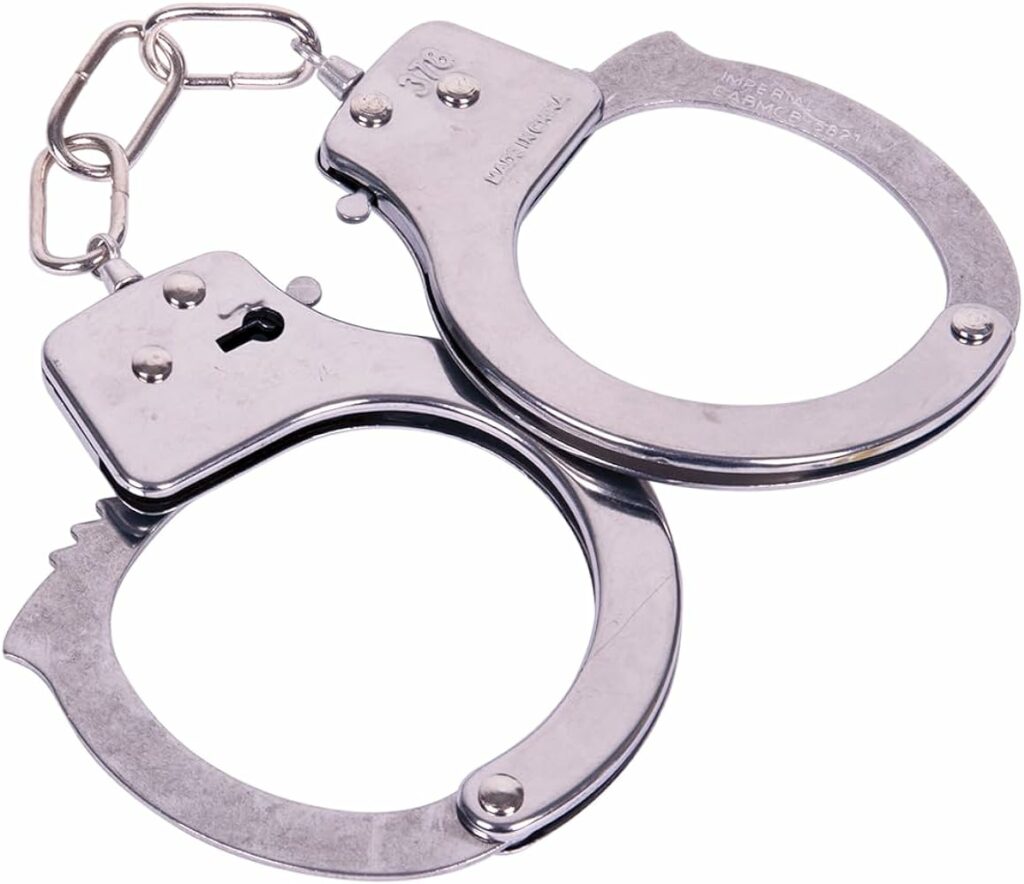Drug Offenses in Thailand. Thailand has strict and punitive laws regarding drug offenses, which are enforced rigorously under the Narcotics Act B.E. 2522 (1979). Both the possession and trafficking of drugs are treated as severe crimes, with penalties ranging from fines to life imprisonment, and in some cases, the death penalty. The Thai government has adopted a zero-tolerance policy towards drug-related activities, making it imperative for locals and foreigners alike to understand the legal framework and risks associated with drug offenses.
1. Classification of Drugs in Thailand
Thailand categorizes drugs into five schedules, depending on their potential harm, medical use, and risk of abuse. These classifications are used to determine penalties for offenses such as possession, trafficking, and manufacturing.
a) Category 1: Dangerous Narcotics
This category includes drugs with no recognized medical use and a high risk of addiction or abuse, such as:
- Heroin
- Methamphetamine (Yaba)
- Ecstasy
- LSD
Offenses involving Category 1 drugs are treated with the utmost severity. Even small amounts for personal use can result in significant prison time, while trafficking large quantities can lead to life imprisonment or the death penalty.
b) Category 2: Narcotics with Medical Use
Category 2 includes drugs like morphine and cocaine, which are considered dangerous but have recognized medical applications. Unauthorized possession or use can still lead to severe penalties, including prison sentences and fines.
c) Category 3: Precursor Chemicals
Drugs classified under Category 3 are precursors used to manufacture narcotics. These chemicals are highly regulated, and any illicit use or sale can result in substantial legal repercussions.
d) Category 4: Specific Chemicals
Category 4 includes chemicals used in the creation of narcotics, and their possession or sale without authorization is illegal.
e) Category 5: Cannabis and Kratom
Recent legal reforms have shifted the status of cannabis and kratom, both of which were previously listed under Category 5. Cannabis was decriminalized in 2022 for medical use and certain recreational purposes, but unregulated use or large-scale production without proper authorization remains illegal.
2. Drug Possession Laws and Penalties
Drug possession in Thailand is treated as a serious offense, and the penalties vary based on the type of drug, the quantity, and whether the court determines that the possession was intended for personal use or for sale.
a) Possession for Personal Use
For small amounts of drugs (e.g., less than 15 grams of methamphetamine), offenders may face up to 10 years in prison, heavy fines, or both. First-time offenders with small amounts may be subject to rehabilitation programs or treatment instead of jail time, but this is at the court’s discretion.
b) Possession with Intent to Sell
If the amount exceeds thresholds considered for personal use, or if the evidence suggests that the drugs were intended for distribution, offenders can face much harsher penalties, including life imprisonment. The Thai authorities treat possession with intent to sell as a form of drug trafficking, which carries significantly greater legal consequences.
3. Drug Trafficking and Smuggling
Drug trafficking is one of the most serious offenses in Thailand and can carry the death penalty for large-scale operations. The authorities focus heavily on preventing cross-border drug smuggling, with a particular focus on the Golden Triangle—a region where Thailand, Myanmar, and Laos converge, and which is known for significant drug production and trafficking.
a) Penalties for Drug Trafficking
- Small-Scale Trafficking: For smaller quantities of drugs, such as a few kilograms of marijuana or grams of methamphetamine, sentences can range from 5 years to life in prison.
- Large-Scale Trafficking: In cases involving larger quantities, such as kilos of heroin or methamphetamine, sentences may range from life imprisonment to the death penalty.
Foreigners convicted of drug trafficking in Thailand face the same penalties as Thai citizens, and consular intervention rarely mitigates the severity of these penalties.
b) Border Control and Smuggling
Thailand has stringent border controls, and penalties for smuggling drugs into or out of the country are severe. Thai law allows for extensive police powers, including searches, seizures, and arrests of suspected traffickers at the border. Convicted drug smugglers can face life imprisonment or death.
4. Law Enforcement and Drug Investigations
Thai law enforcement takes a proactive approach to combat drug crimes, particularly through extensive sting operations, undercover investigations, and random searches. The Royal Thai Police and the Office of the Narcotics Control Board (ONCB) are the primary agencies responsible for combating drug crimes.
a) Arrests and Search Warrants
While Thai law requires police to have a warrant to search homes or private properties, there are exceptions in drug-related cases. Law enforcement agencies have the authority to search individuals or premises on suspicion of drug possession, especially in “urgent” situations. The anti-drug task force often works alongside international agencies to combat cross-border trafficking.
b) Confessions and Evidence
Confessions, particularly during police custody, are often heavily relied upon in drug cases. However, these confessions must be made voluntarily, and allegations of coercion can sometimes complicate prosecutions. For foreigners, language barriers and unfamiliarity with Thai legal procedures can be significant issues, and it is highly recommended to have a lawyer present during questioning.
5. Consequences for Foreigners and Expatriates
Drug offenses are particularly dangerous for foreign nationals in Thailand. The penalties for drug crimes apply equally to both Thai citizens and foreigners, but foreigners face additional consequences such as deportation and being permanently blacklisted from re-entering Thailand.
a) Prison Sentences and Deportation
Foreigners convicted of drug crimes often serve their sentence in Thai prisons, which are known for harsh conditions. After serving their sentence, they are typically deported back to their home country. However, some countries have prisoner transfer treaties with Thailand, which allow convicted individuals to serve their sentences in their home country.
b) Legal Representation
It is critical for foreigners facing drug charges to secure legal representation immediately. Legal proceedings in Thailand can be confusing for foreigners due to the language barrier and differences in legal systems. Consular support can provide assistance but cannot influence the outcome of criminal cases.
6. Recent Reforms and Cannabis Legalization
In 2022, Thailand made international headlines by decriminalizing cannabis for medical and certain recreational uses, becoming the first Southeast Asian nation to do so. However, this legalization comes with significant regulations, and unlicensed production or large-scale sale remains illegal.
a) Medical Use
Thai citizens and licensed entities can now grow cannabis for medical purposes, but individuals must register with the Thai Food and Drug Administration (FDA) and follow strict guidelines. Medical cannabis must not exceed a THC content of 0.2%, and production for commercial sale requires government approval.
b) Recreational Use
While small-scale recreational use of cannabis has become more tolerated, smoking cannabis in public or growing without proper licenses can still lead to fines or imprisonment. The laws around cannabis are evolving, and authorities are continuing to regulate its production and use carefully.
Conclusion
Thailand’s drug laws are among the strictest in the world, with severe penalties for offenses ranging from possession to trafficking. Foreigners in particular must be aware of these laws and avoid any involvement in drug-related activities. While recent reforms have relaxed some regulations surrounding cannabis, the legal framework remains stringent and heavily enforced. Understanding the legal risks and securing proper legal representation is essential for anyone facing drug charges in Thailand.






















